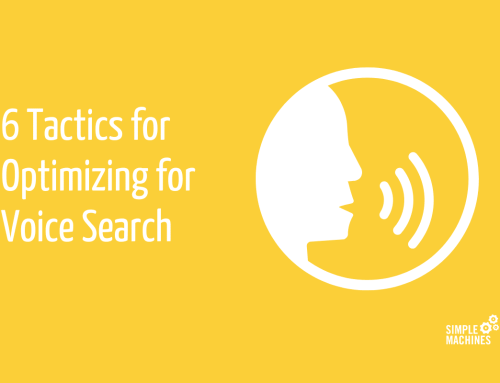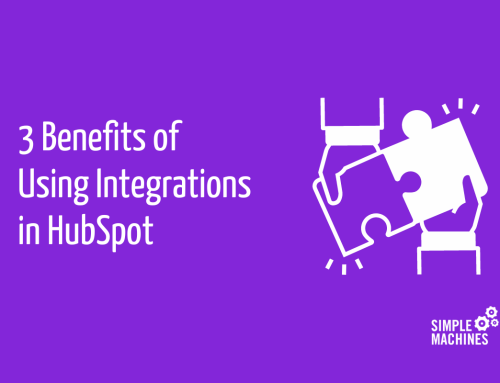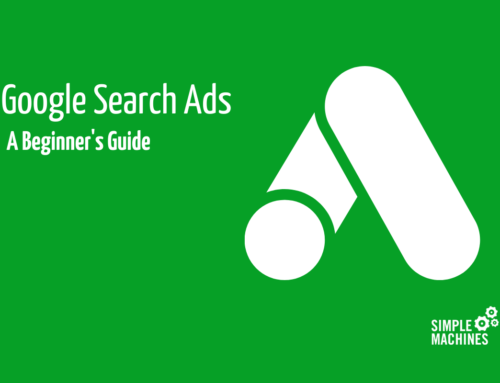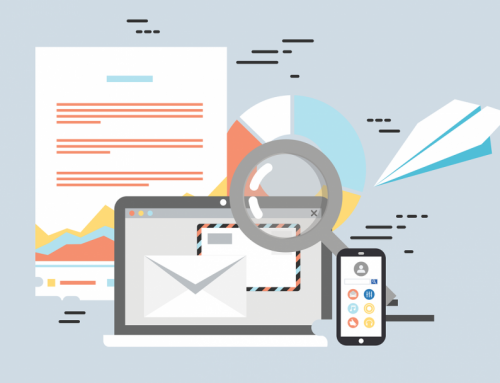Early in the life of the internet, I imagine some genius out there had a profound realization. In my mind, it went something like:
“So… we don’t really have to go places anymore, right?”
What foresight.
This is an undeniably great part of digital life. Need food? There’s a variety of food delivery services to fit your needs. Have friends spread across the country? Instant messaging apps make it possible to stay in touch – even discussing as a group – all the time, regardless of where you are in the world. Want to have a meeting but without having to actually stand in front of people? Great news – we’ve created webinars!
For years, webinars have been popular ways to provide valuable content to a captive audience. They held the promise of all the benefits of hosting live events (bringing in contacts you have trouble reaching through other forms of content), without the downside of actually having to, you know, go anywhere.
But is hosting a webinar still a tactic worth investing in, or is it a relic in your digital marketing toolbox you’re better off ditching?
Before you jump headfirst into a webinar, take a moment to consider the following questions.
Why do you want to host a webinar?
Webinars have to walk a narrow line. You need to provide information that your audience finds useful while still finding a way to obtain new leads. This is what drives most webinars – it’s a great way to get valuable lead data like new email addresses while also showing how knowledgeable you and the members of your business are.
However, if you’re not careful and don’t spend enough time preparing your presentation materials – or are just too focused on getting people to listen to the benefits of your business – then you risk just throwing a thinly veiled sales presentation out there.
Imagine you’re an attendee. You booked time out of your work day to attend this webinar, hoping it would provide some clarity for a problem you’re having. Then, it kicks off, and you’re just left stuck in a sales presentation.
Only you’re not actually stuck since you just have a browser open on your computer. You can simply close out of the presentation and go back to work with a quickly fading memory of that one-time company x tricked you into attending a sales presentation.
Doesn’t sound that great. No one wants to be tricked. When you consider whether a webinar is right for you, a desire to educate your audience on a specific issue really should be a high priority. If the goal is just to get contact info, you likely won’t put enough time into the content to make it worthwhile for your audience – or yourself.
Do you have topics (that make sense for a webinar)?
One of the most basic steps in hosting a successful webinar is having a topic that makes sense… as a webinar. Now I know that sounds vague but let me explain.
There’s a temptation I’ve noticed – one which ties into my last point – to make a webinar about something general, like the overall goal of your business. “The benefits of (insert your main service),” for example. Other than probably devolving into nothing more than a sales pitch, this creates another issue; how do you follow up?
This means that each webinar, much like a blog post, needs to have an argument. “Five Reasons (blank) is better than (blank),” for example.
If you’re thinking about launching a webinar series, you should first make a list of topics that you – not just any outside speaker – could give varied, informational presentations about. You may end up relying on outside speakers to drive interest (more on that in a minute), but if you can’t be a source of great content yourself, then what’s the point? You’re just hosting content for others, hoping that by osmosis, attendees see you as a business they need to get involved with.
Who’s presenting?
Expanding on my last point, this is a bit of a catch 22. If you want people to attend your webinar, you need to have a presenter who has some name recognition that can attract attendees. In an ideal scenario, a member of your staff features this instant name recognition. Unless you’re extremely lucky, however, this is probably not the case. More likely, you’ll have to rely on booking outside speakers to supplement your organization’s knowledge.
You’ll also need to keep in mind something basic – your presenter needs to be able to present. That means capable of speaking off script, ad libbing, responding to audience questions and, hopefully, being entertaining.
Unfortunately, it’s hard to find someone who can successfully do all of the above. If you look around and don’t see a personality that could fit this bill, then maybe hosting a webinar isn’t the best call for your business.
With that being said, it generally takes time for someone to grow into this role. Unless you have someone with prior experience hosting or presenting webinars, it may take a few webinars until your host gets the hang of the format.
Will it be interactive?
If your webinar doesn’t allow for attendee questions or interactive segments throughout the presentation like poll questions, then what’s the difference between your webinar and just posting a prerecorded video presentation?
Interactivity is crucial to keeping your attendees’ interest. You know how at live seminars, hosts often ask people to raise their hands, respond to questions in the middle of presentations or call on members of the crowd? That’s to keep people awake, which is hard enough to do when the audience is right in front of you.
Now imagine your audience is sitting comfortably at their desk, they just ate way too much pizza brought in for lunch, maybe a space heater is blowing on them and the coffee is out for the time being… don’t give them any extra reason to pass out.
Do you have the ability to adequately promote?
You’re going to have to develop a comprehensive marketing plan to get people to register (and attend) your webinar. Your marketing plan should include:
- Landing page
- Ongoing organic social media promotion
- Paid social promotion
- 2-3 emails promoting the event
- Blog post about topic that ties into event
- The event featured on home page of your website
- All follow up communication (event reminders and thank you for attending messages)
All of this will have to run for at least two weeks prior to your webinar date, with ideally an even longer promotion period – potentially up to a month – put in place. The best-case scenario has you promoting your upcoming webinar at the close of every past webinar, for example.
You’ll also need to remain flexible throughout this process. If registrations just aren’t coming through, you’re going to have to make some audibles along the way. Maybe that means sending an extra, more specifically targeted email to contacts you think this might be especially relevant for, or trying different messaging tactics (including offering free stuff) to get those who opened your email but didn’t click on your link to register.
All this, combined with spending the time to actually create a successful presentation, can really add up. If you’re just too busy or lack the resources to complete all of this, then you just likely won’t see returns that make hosting a webinar worthwhile.
So, I shouldn’t host a webinar?
No, not necessarily. As I wrote at the top, webinars can be a great way to increase your database of potential leads. They require much less of a commitment than an in-person event. But keep in mind that, due to their digital nature, registrants will also feel less of an obligation to attend your webinar. Expect somewhere around 30-50% of registrants to attend the event.
Webinars can be a great way to host live content which you can then repurpose. Blogs, content downloads, on-demand videos of your webinar and optimizing your presentation for search can all increase the reach of your content (for more tips on getting more from your presentation, here are 101 tips for webinar success). But if you haven’t put the work and effort into trying to build up your webinar brand, people probably won’t care about even your best repurposed work.
Sometimes, it takes a bit of time before our marketing practices meet up with a consumer’s evolving wants, however. In a world where information is more readily available than ever, webinars just may not be as strong of a content delivery option as they once were. People can easily search for answers to their questions or even go straight to the experts themselves on public platforms like Twitter.
Unless you can truly check off all the boxes I outlined above and have full confidence in your ability to create noteworthy, informational content, webinars might be a tactic to put on the backburner for now.














